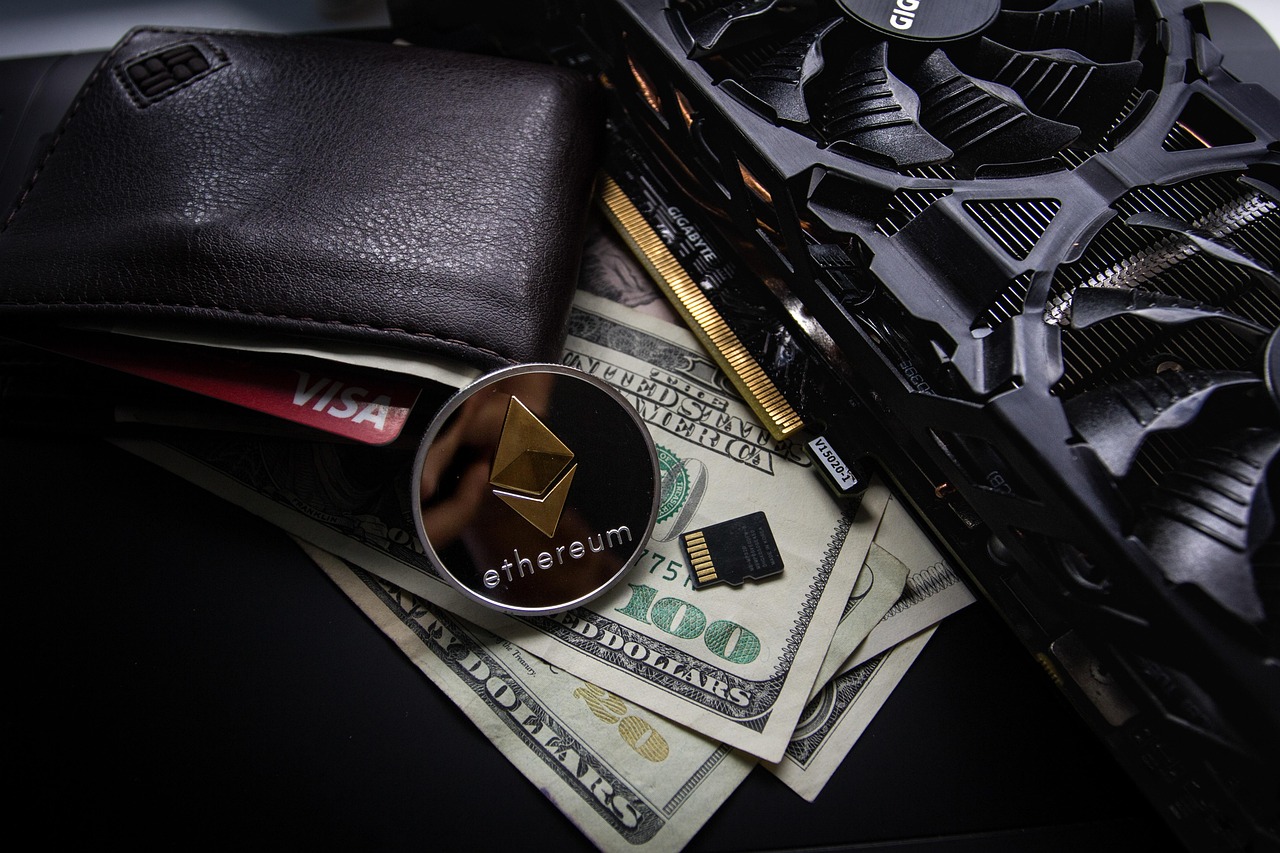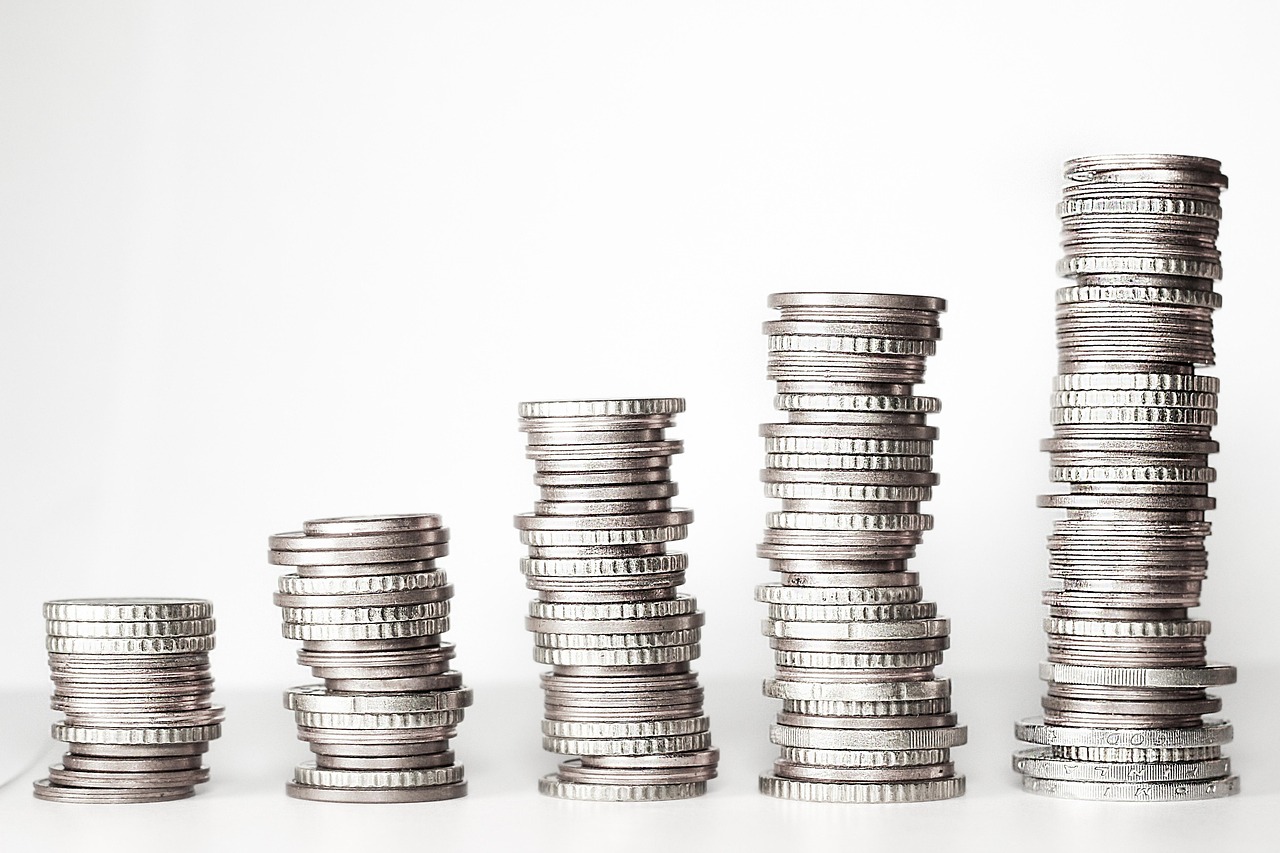NFT Tattoo Design Archives: A Digital Revolution in Body Art

In the rapidly evolving world of digital art and blockchain technology, Non-Fungible Tokens (NFTs) have emerged as a revolutionary force, offering creators new avenues for monetization and ownership authentication. Among the many sectors impacted by this digital transformation, the tattoo industry has begun exploring the potential of NFT tattoo design archives. This intersection of technology and body art presents innovative opportunities for artists and collectors alike, while also posing unique challenges and considerations.
The concept of NFTs is founded on blockchain technology, a decentralized ledger system that ensures transparency and authenticity. Unlike cryptocurrencies, NFTs are unique digital assets that represent ownership or proof of authenticity for a specific item, whether it be digital art, music, or even tweets. In the context of tattoos, NFTs can serve as a digital certificate of originality, recording the provenance of a tattoo design in an immutable format.
Globally, tattoo artists and enthusiasts have started to recognize the value of archiving tattoo designs as NFTs. These archives can offer several benefits:
- Preservation of Artistry: By creating NFT archives, artists can preserve their designs in a digital realm, ensuring that their creative work remains accessible and unaltered through time.
- Intellectual Property Protection: NFTs provide a method for artists to assert and prove ownership of their designs, safeguarding them from unauthorized reproduction and use.
- Monetization Opportunities: Through the sale of NFTs, tattoo artists can generate additional income streams, reaching a global audience without geographical limitations.
The integration of NFTs into the tattoo industry is not without its challenges. A primary concern is the potential for copyright infringement and the ethical implications of profiting from cultural designs. As tattoos often draw inspiration from diverse cultural heritages, careful consideration and respect for cultural ownership are paramount. Furthermore, the environmental impact of blockchain technology, particularly energy-intensive processes associated with minting NFTs, is an ongoing issue that both artists and collectors need to address.
Despite these challenges, the global context demonstrates a growing acceptance and integration of NFTs into various creative industries. For instance, in 2021, renowned artists and companies began experimenting with NFT tattoo designs, fostering collaborations between digital artists and traditional tattooists. These initiatives reflect a broader trend toward digital innovation and adaptation within the art world.
Moreover, several platforms have emerged to facilitate the creation and sale of NFT tattoo designs. These platforms not only provide artists with the necessary tools to mint their work as NFTs but also connect them with potential buyers and collectors. As the technology continues to develop, it is likely that more user-friendly and environmentally sustainable solutions will evolve, further integrating NFTs into the tattoo community.
In conclusion, NFT tattoo design archives represent a fascinating convergence of art and technology, offering new possibilities for artistic expression and financial sustainability. As this digital revolution unfolds, it will be crucial for artists, collectors, and industry stakeholders to navigate the ethical and technical challenges with diligence and foresight. This careful approach will ensure that NFTs serve as a positive force for innovation and creativity in the tattoo industry, preserving its cultural significance while embracing the future.















